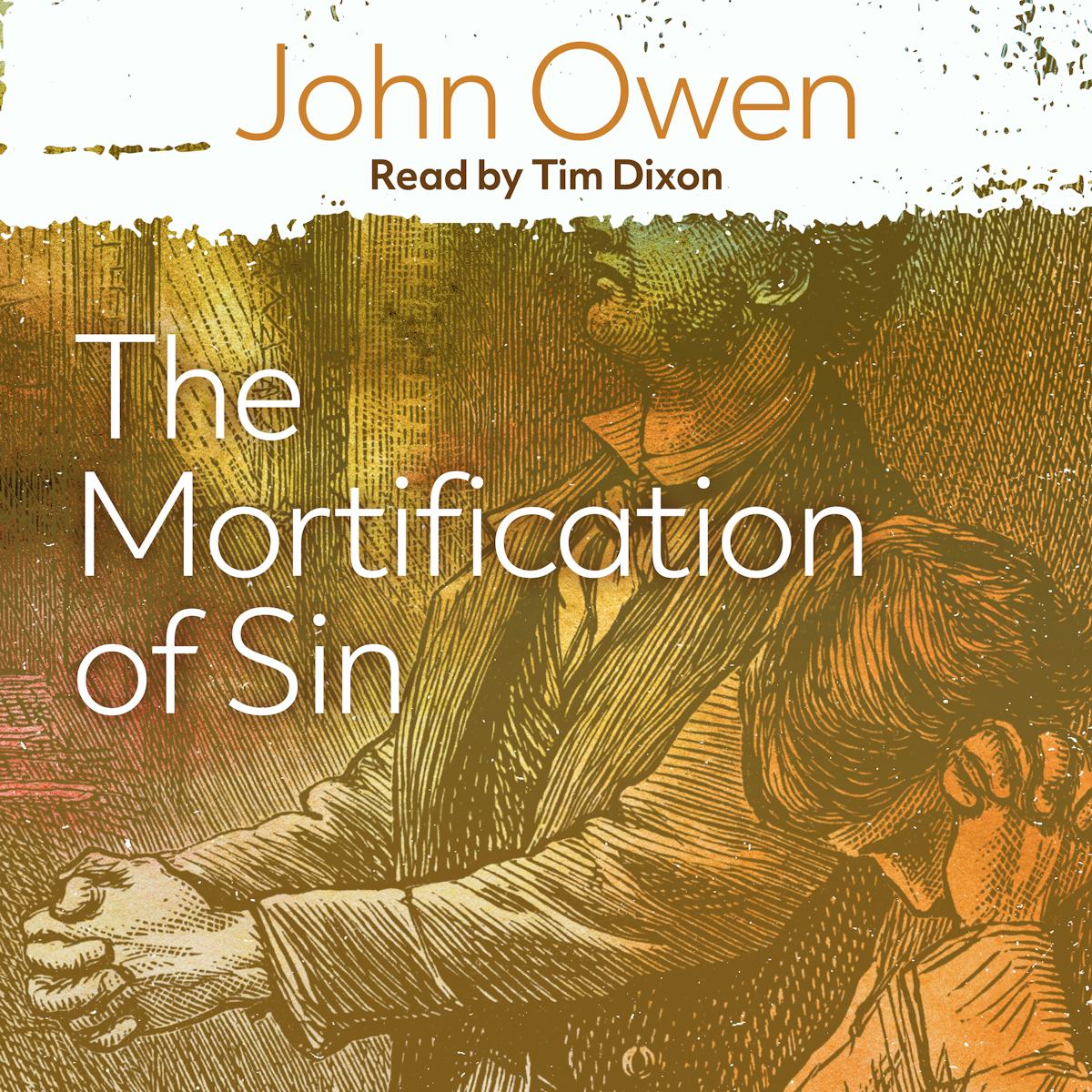One of the most prominent historical Puritan writers, John Owen, dives into the theology of salvation and the timeless question of how sin and temptation affect the lives of Christians. In The Mortification of Sin, Owen states not only that sin remains an active and negative force on the lives of Christians, but also that there is a highly effective way to combat that evil force and temptation along with it. Largely addressing Romans 8, this work extracts understanding and brings clarity to the reader on these widely discussed topics. Despite such a potentially disheartening revelation of the impact and influence of sin, Owen reminds the reader of the triumph of Christ. He explains how this battle for life and death can be won with the power of the Holy Spirit through the gospel of Jesus Christ. With this work, Owen describes how followers of Christ can join the fight with Jesus to weaken and eventually eliminate sin.
This series, published by ONE audiobooks, seeks to produce Classic Christian titles read by well known and loved audiobook narrators. ONE takes great care to cast these titles with readers who will provide an unmatched listening experience for these important works.
Tim Dixon brings his passion to every performance and is considered to be one of the top audiobook narrators in the industry.
- Opening Credits
- Preface
- Chapter 1
- Chapter 2
- Chapter 3
- Chapter 4
- Chapter 5
- Chapter 6
- Chapter 7
- Chapter 8
- Chapter 9
- Chapter 10
- Chapter 11
- Chapter 12
- Chapter 13
- Chapter 14
- Closing Credits
John Owen
Puritan John Owen held prominent positions as the beloved English leader of the Nonconformist church, a respected theologian, and as academic administrator at the prestigious University of Oxford. Additionally, he temporarily served as a representative in parliament, representing the constituency of the University during the First Protectorate Parliament from 1654 to 1655.
While preaching and political activism were integral parts of his life, Owen is perhaps best known as a prolific author. He enjoyed warm friendships with numerous renowned writers of seventeenth-century England. Among his esteemed companions were notable figures such as John Milton, John Bunyan, and Lucy Hutchinson. Owen actively encouraged his publisher, Nathanial Ponder, to release Bunyan's well-known literary work, Pilgrim's Progress. Notably, Owen provided support to Lucy Hutchinson as she relocated to London, attending his sermons, and diligently translating substantial portions of his renowned work, Theologoumena Pantodapa—a translated version of which has been published under the title Biblical Theology. Owen's correspondence offers glimpses of his compassionate nature and pastoral care, particularly towards grieving mothers mourning the loss of their children.
Prior to Owen's profoundly personal insights, no theologian had ever written clearly about the dynamics of how Christians relate to each divine Person of the Trinity. Owen eloquently articulated the ultimate purpose of the gospel, which is to unveil the Father's boundless love. This love is exemplified through the sending of the Son as the redeemer of His people, who in turn are granted the indwelling of the Spirit, bestowed with spiritual gifts, and unified as a collective whole. Undoubtedly, one of Owen's most revered accomplishments is his work Communion with God.
It is little wonder that one contemporary author and preacher refers to John Owen as “the greatest theologian who has ever written in the English language.”
